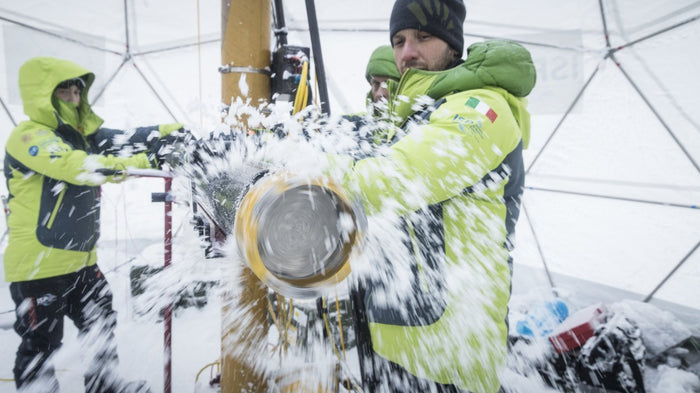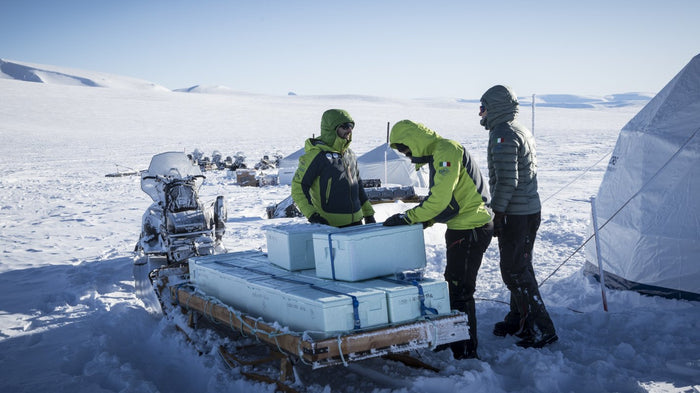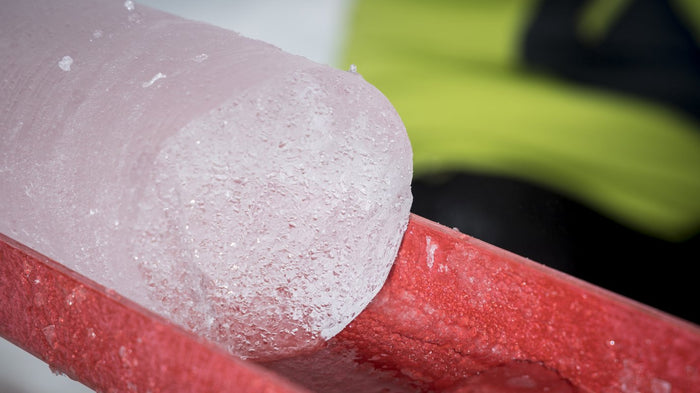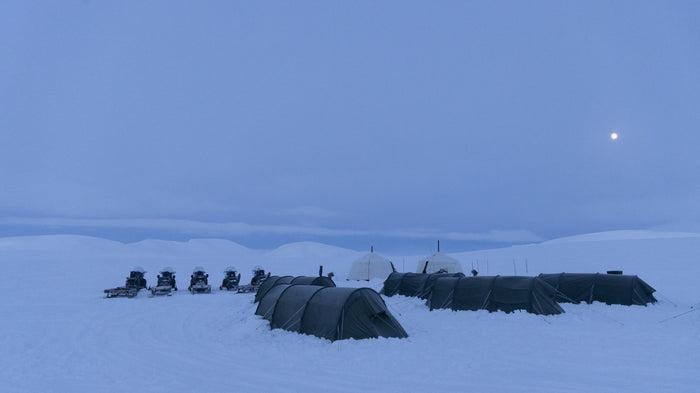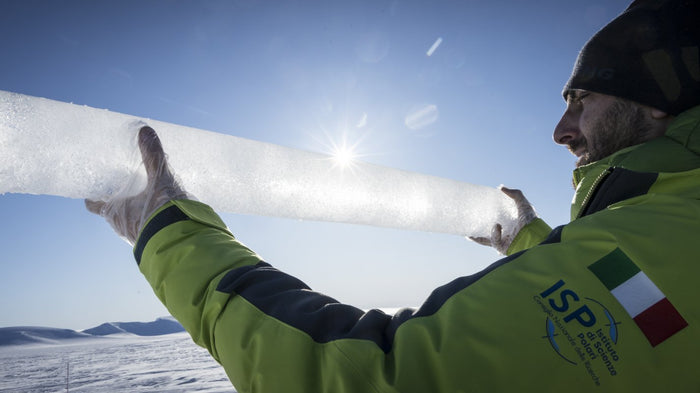Despite the obstacles represented by the unexpected presence of an aquifer in the glacier and extreme weather conditions, an international team of scientists managed to extract three ice cores (cylinders 10 centimeters in diameter deep from the surface of the ice to the rock) from Holtedahlfonna , one of the largest and highest glaciers in the Svalbard archipelago. The Norwegian area is located in the Arctic Ocean and is the northernmost land in Europe. This is an invaluable archive that is disappearing 4 times faster than the global average. This area has experienced some of the most severe temperature increases in decades. According to recent studies, the temperature has increased by 4/5°C in the last 40-50 years. The scientific project led by the Institute of Polar Sciences of the National Research Council which sees AKU among the technical sponsors is a real race against time. The Ice Memory Foundation , which collects, saves and manages ice cores</strong>from threatened glaciers to make them available to future generations of scientists for decades and centuries to come, calls the scientific community to action. “ Seeing these alarming situations in the Arctic, Europe and the rest of the planet, we now need the contribution of researchers to quickly collect samples from endangered glaciers or to save already collected samples in Antarctica, to preserve their data content precious in the Ice Memory 'sanctuary' in Antarctica ”, is the invitation of Carlo Barbante , paleoclimatologist, vice president of the Ice Memory Foundation, director of the Institute of Polar Sciences of the Cnr and professor at the Ca' Foscari University of Venice. For Anne-Catherine Ohlmann , director of the Ice Memory Foundation, “ Ice Memory is an inter-generational initiative that involves us all: scientists, philanthropists, international organizations… and the benefits of which will go to our children and grandchildren. If we lost these archives, we would lose the story of human impact on the climate. We would also lose crucial information for scientists and politicians of the future who will have to make decisions for the well-being of society. We must work together to safeguard this archive for future generations. We invite countries to collaborate with their scientists by facilitating access to their glaciers, so that our generation can secure this precious legacy for humanity of tomorrow ."



